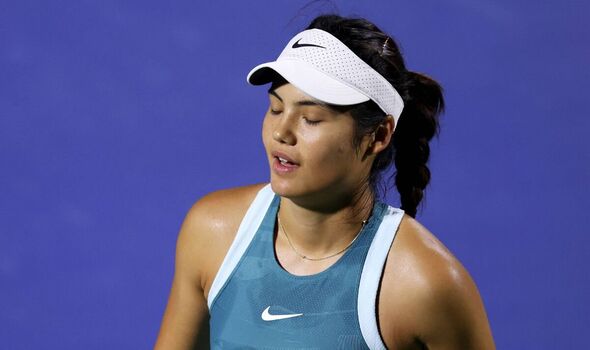
WWE Set for Globally Marketable Future with Slew of International Prospects
May 8, 2014
Demographics at odds with EU migration policies, as opposition rises
May 9, 2014On Saturday night, Europe will sit down to watch a man running in a hamster wheel while a Ukrainian woman in a split skirt wails “kiss me til I drop”. And from this spectacle, Europe will half-jokingly attempt to divine some geopolitical theory from its sofa. That’s public service broadcasting for you.
Eurovision is the product of a collaboration between public service broadcasters who got together in 1956 and decided that what post-war Europe really needed was a blast of multi-lingual light entertainment in the form of some vaguely musical boom bang-a-bang.
They were right. Every year, bar resentment towards the semi-final-skipping “Big Five” funding nations and the hurt feelings of the British press when the UK doesn’t win, Eurovision goes off smoothly into the night.
The Irish Times takes no responsibility for the content or availability of other websites.
So why doesn’t Europe get together and do things like this more often?
Clearly, staging Eurovision itself every week would be a bizarre and thankless chore, like The X Factor only with more flag-waving and fewer tears. The European Broadcasting Union, the organisation responsible, does do other stuff.
But when it comes to shared mass media experiences, it seems like the European audience gets to scratch that itch just once a year, for the duration of one knowingly ridiculous glitz-fest, before being forced to return to their national media, somewhat perplexed.
“Still no pan-European media. Are we nuts?” was the title of a speech by Wolfgang Blau, the Guardian’s director of digital strategy, at the International Journalism Festival in Perugia, Italy, last weekend. (It’s best not to answer such a loaded question immediately after watching Eurovision.)
“How can it be that in the EU, as the world’s largest economy, with more than 500 million citizens, with a high degree of fluency in the English language, and a surprisingly highly degree of identification with being European . . . how can it be that is no single large media organisation from the Continent that addresses Europeans as such?” Blau asked.
He was speaking from the perspective of newspaper-turned-digital publishers rather than broadcasters per se, but the questions he posed are valid across the converging market.
Of course, there are organisations with a pan-European focus, including the “valuable” France-based Euronews service and specialist titles such as The Economist, but there is nothing with “significant” scale, Blau pointed out.
Even as hostilities intensify in Ukraine “there is still no pan-European media sphere to have discussions about what the right answers would be to that situation”.
Blau cited the fact that of the top 25 news properties in the world (as measured by ComScore), 11 are from the US and 11 are from China – three are from the UK but “not a single one” is from the continent of Europe. “How can it be?”
Language barriers are not the reason. Rather it is that the old domestic news brands, he posited, “are too invested in their local markets”, with few international staff employed in their newsrooms, while there is a tendency to discuss the EU in terms of the euro crisis or reform of its political institutions, rather than through the lens of culture, sport and fashion.
“Are national news organisations, maybe even compared to their own readers, overinvested into the concept of the nation state?” Blau wondered. As traditional media players vie to be king of their domestic markets, European identity issues are “all but ignored”.
The public service broadcasters, meanwhile, may be blessed with large budgets, but their hands are so tied, politically, that they can’t be banked on to foster the kind of pan-European media sphere, he concluded.
The change is coming from outside Europe. News organisations of non-European origin, including BuzzFeed and the Huffington Post, are colonising European territory as “a sideshow” to their global project. US and Canadian companies that operate according to an EMEA (Europe, Middle-East and Africa) scale are not daunted by “let’s do Europe” thoughts.
Douze points to them, nul points to large European media groups with no ambition to do anything more than pool resources or exchange nationally-tailored content every so often with peers in neighbouring countries.
Back in 1950, when the EBU first gathered at a conference in Torquay, there was a political will among broadcasters to bring audiences together. But once the ticker-tape in Copenhagen’s Eurovision cavern is mopped up on Sunday, most people will forget for another year that such a thing as a common, unified European audience is even possible.



